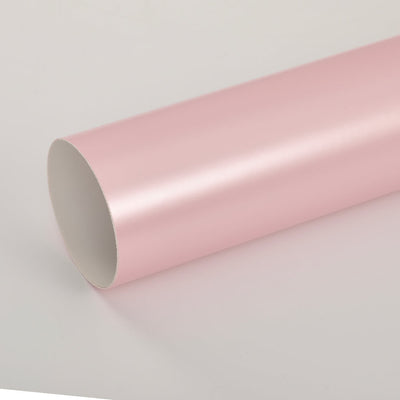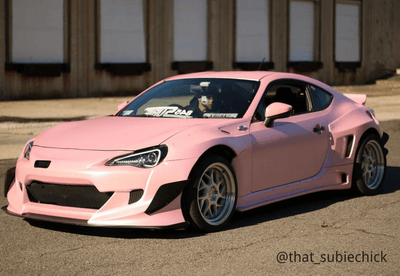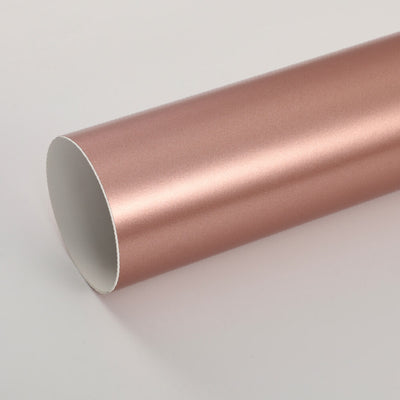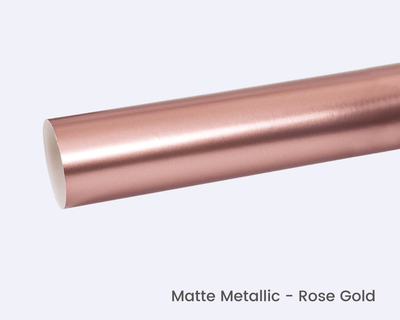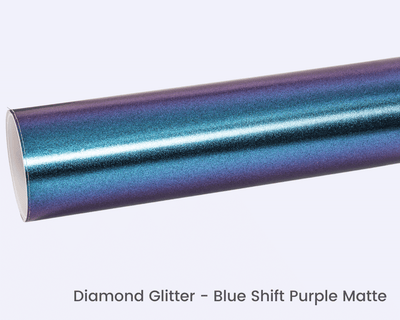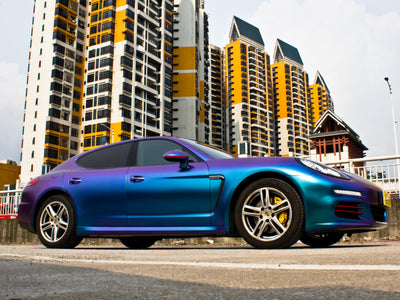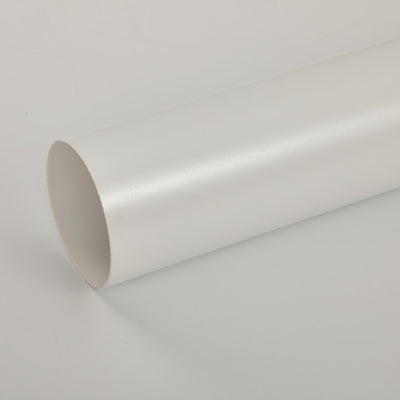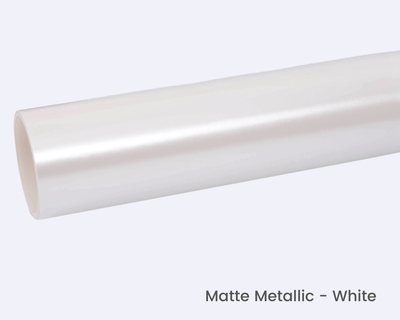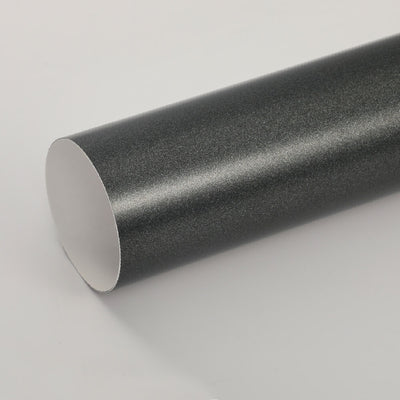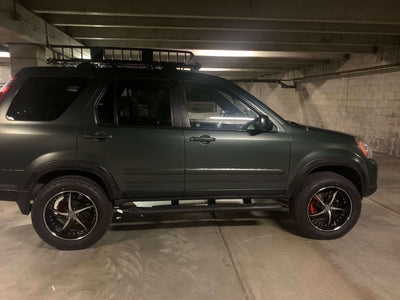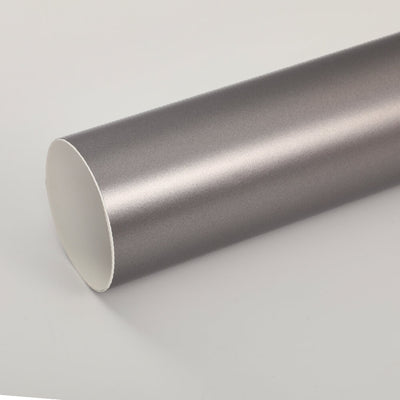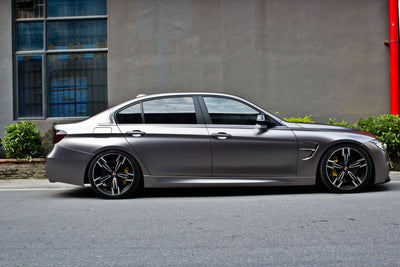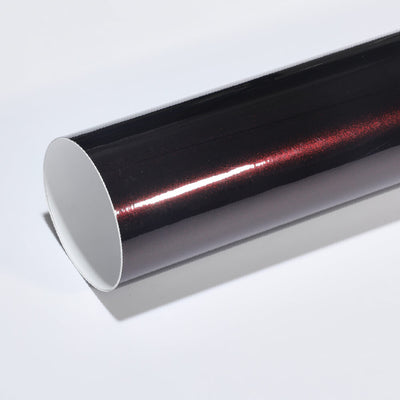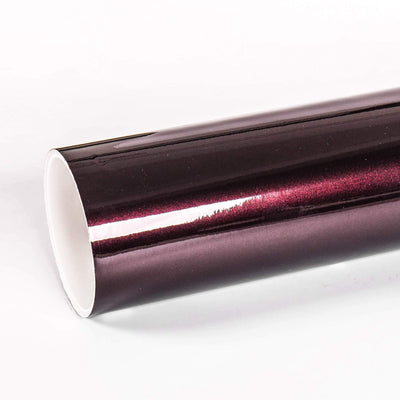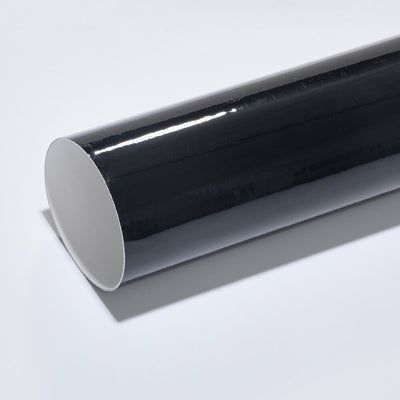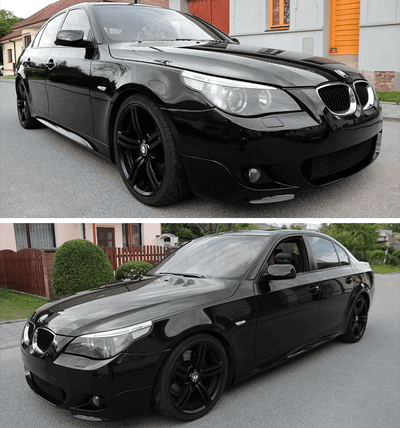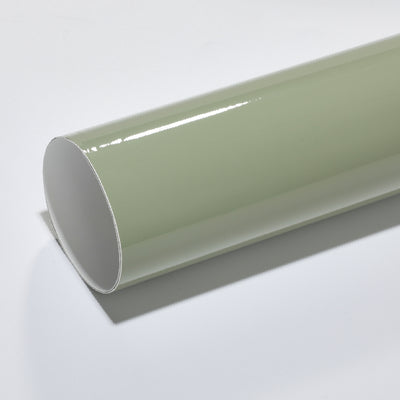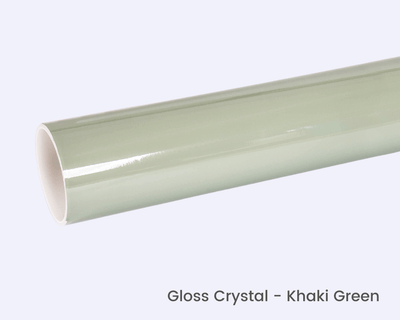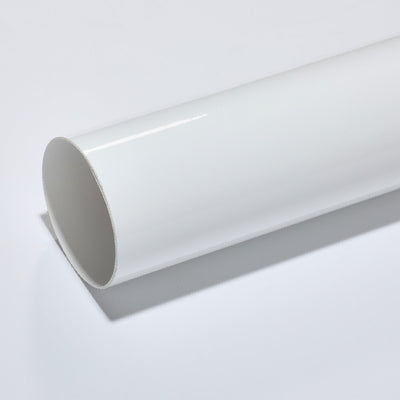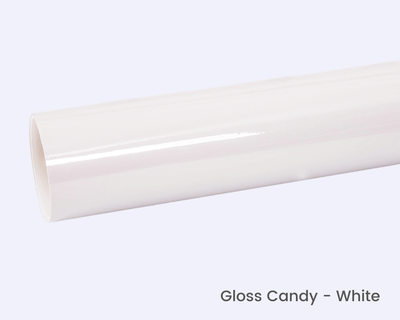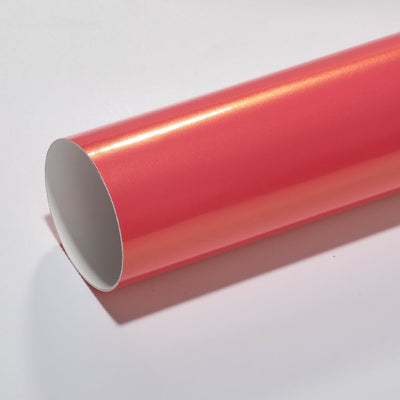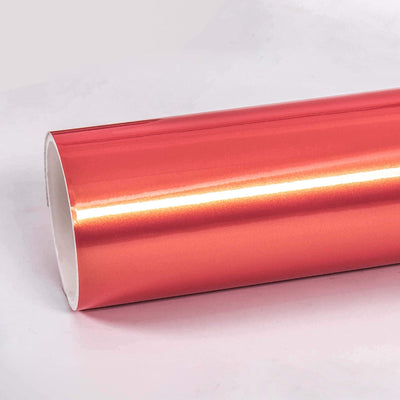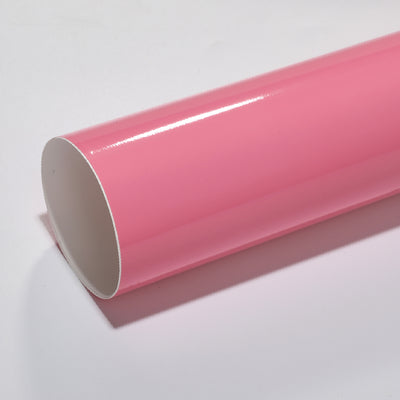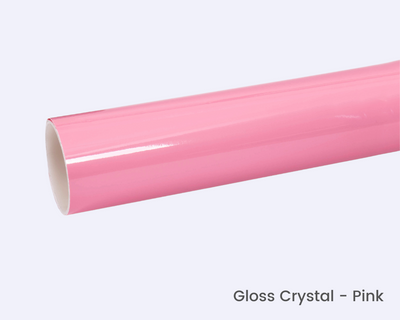Car wrap cost and color availability make car wrapping the best choice
As a proud car owner, you want your vehicle to represent your taste and personal style. Though factory models might come loaded with lots of tech features – cameras, automatic functions, keyless entry – the colors are limited. And it’s the color that really shows off your style; it’s also the first thing everyone sees when you drive by. If you want a color that’s truly stunning, you have two options – car wrapping or a new paint job. When making your choice, you want the option that’s most affordable and offers the widest selection of colors. That choice is car wrapping.
Definitions – Car Wrapping Vs. Car Painting
Before we dive into what sets car wrapping and car painting apart, it’s important to understand the basics of what each method entails.
Car painting is somewhat self-explanatory. This is a total repainting of your vehicle, typically completed with one of three types of professional-grade spray paint – urethane, metallic, or acrylic. The most popular and widely used car paint option is water-based acrylic paint.
Car wrapping involves using a custom vinyl wrap which is applied over your car’s original paint color and across the car’s body panels. Some individuals and businesses use vinyl car wrap with logos to advertise services or products. Vinyl car wrap protects the car’s original paint and is easy to remove, which means it can even be used on leased vehicles.
Car Wrap Cost Vs. Painting Cost
The immediate advantage of car wrapping over car painting is cost.
Car wrap cost can vary by car model and size, but prices start around $2,500 and top out around $5,000. You might see some price variance based on the finish you choose – matte and stain finishes are cheaper while chrome and metallic finishes are more expensive to produce and thus more costly. But regardless of the vinyl car wrap you choose, even the most premium option is still more affordable than a full, high-quality paint job.
Car painting costs start high, with the average job coming in around $5,000. Costs can even get as high as $10,000. Of course, you can commission low-quality paint jobs for as cheap as $1,000, but these coats need to be touched up often, and they’ll need to be redone sooner – all costs that will add up over time and far surpass the costs of a single-car wrap job.
Car wraps have one standard of quality – high – and last for long periods with no need for touchups.
Available Colors
When it comes to colors for your car, car paint options are limited. These colors are derived from the standard color wheel and are similar to paint colors you’d find in home interiors. You do have the option of selecting matte, metallic, solid, or textured finishes, but the colors are safe. They aren’t designed to make a statement; they’re designed to match what’s being sold on car lots.
On the other hand, car wrap colors are designed to pop and help you stand out on the road full of dull cars. You can choose from bolder finishes like gloss metallic, matte metallic, aluminum metallic, chrome, high gloss, and glitter. And you can shop distinctive colorways like Salmon Red, Dark Platinum, Aztec Gold, and Pink Gold, among others. These are colors that evoke fashion, style, and personality. With vinyl car wrap, you won’t blend in.
Other Factors to Consider
Aside from cost and color selection, keep in mind that car painting will keep your car out of commission for at least a week and possibly up to three weeks. In contrast, car wrapping takes just three days on average.Additionally, a vinyl car wrap is easy to maintain with just soap and water, and it’s durable, protecting your car against chips and natural hazards.
Car wrapping is the best choice to personalize your car – car wrap costs are less than painting, there’s a wider availability of bold colors, and the overall longevity is well worth the spend.



